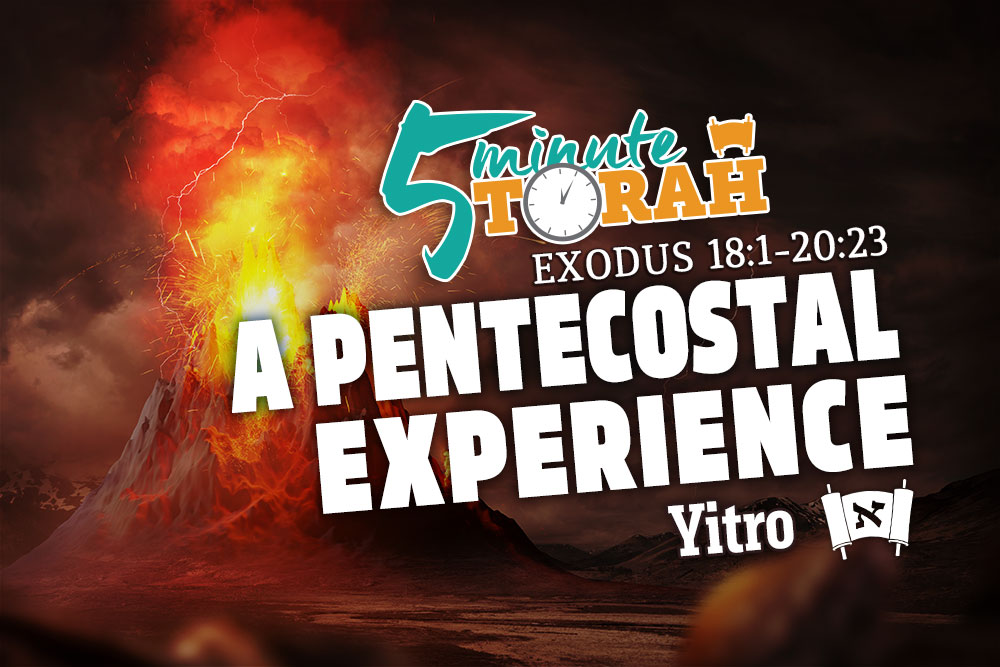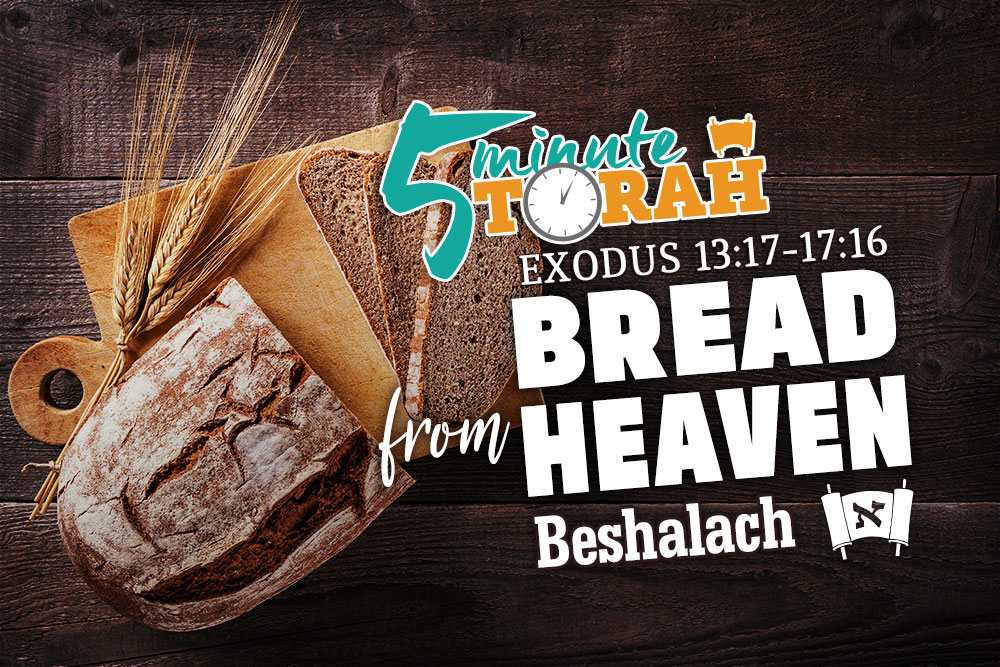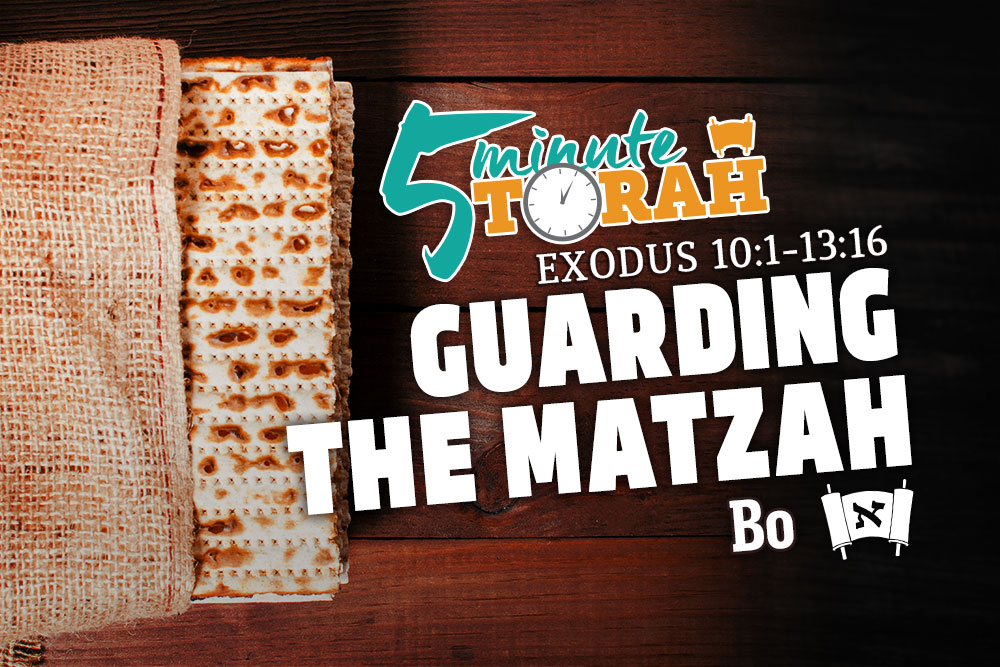Parashat Mishpatim (Exodus 21:1-24:18)
Both the Gospels of Matthew and Mark record Yeshua’s encounter with a Gentile woman who had come to him begging that he exorcise a demon from her daughter. With our modern, egalitarian perception of Yeshua we would think that he would immediately have compassion on this unfortunate girl and agree to help. However, the Gospels record for us what may be the Master’s most shocking response to our Western ears. He told the woman, “It is not right to take the children’s bread and toss it to the dogs” (Matthew 15:26).












